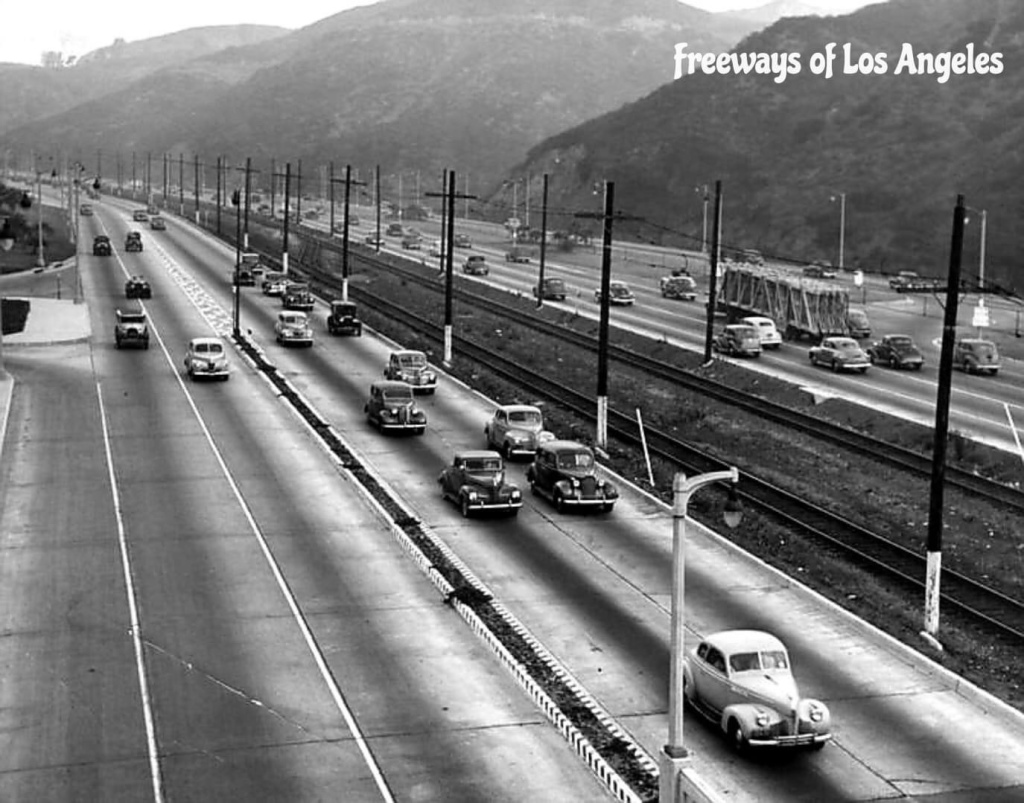There are, as far as I can tell, two ways of saying Los Angeles in L.A. anymore. The English pronunciation, with a soft G (that is, a J) and ending like an ess (and the stress on the first syllable of Angeles). Los ANjeless. And the Spanish pronunciation, with the aspirated G (sort of like a breathy H in English, or like someone cleaning their eyeglasses) and ending like ess (with the stress, though not as strong as in the English, on the second syllable of Angeles.) But if you watch old movies, the tough black and white film noirs shot on the backstreets of downtown in the 40’s and 50’s, you hear it called Los Angeles, with a hard G, a very hard G in fact, like in angle. It sounds bizarre now, though ironically it’s actually closer to the original Spanish pronunciation than our current Angeles like in angel. And then there’s the ending, Los Angeleez. As in coming into Los Angeles, bringing in a couple of keys. When Arlo Guthrie wrote that, the eze pronunciation was still prevalent enough to make the song rhyme. Now it reads like free verse. I remember when I first moved here back in 1980 we’d still call it Los Angeleez almost like a pet name, kind of coy, kind of cute. But we’d taken to spelling it like that, Los Angeleez, because otherwise people read it as Los Angeles pronounced as it is now. I see that a lot in things I wrote back then that are now tucked away crumbling and wrinkled in a box in my closet. I don’t think anyone under fifty has ever called it Los Angeleez. And then, even weirder to the modern Angeleno ear, is the pronunciation with both the hard G and the eez, though I am not sure when that was used, and if it was a transition from one way of saying Los Angeles to another, or just sat side by side with the hard G with the ess ending. I don’t even know if many people in LA pronounced it that way or not. Not that it mattered, this city filled up so fast with people from all over the country that what they called LA in New York or Texas or New Orleans or Chicago or what was then called Frisco was what a lot of people called it here too. There were far more immigrants in LA than native born Angelenos (so rare, then, they were always marveled at–you were born here?) and as they poured in they probably pulled the pronunciation of the city this way and that. Eventually the hard G pronouncers all died, and the baby boomers probably wouldn’t be caught dead saying Angeles like Angle-less instead of Angel-less. But I’m just guessing here, I really don’t know. You don’t see a lot of things written about it, or even anything written about it, though the change from the hard to the soft G and from eez to ess must be one of the more dramatic changes in pronunciation of a big city name you’ll find in American history. It’s like they are two completely different words. As English evolves, hard G’s just don’t soften into soft G’s, instead they turn into unvoiced H’s, much like the G in the Spanish pronunciation of Los Angeles. So it was not a gradual, natural transition, but was a deliberate change in how to say the name. The parents said Los Angeles with the hard G, their no good kids said it with a soft G. The eez lasted longer and just sort of fell away on its own as long vowels and voiced sibilants (a Z) tend to. That is, eez fades to ess (and then iss, though it’s not Los Anjeliss yet, give it another generation). It’s that sudden seismic consonantal shift from G to J in how we pronounce Los Angeles that is so striking and so forgotten. The old ways of saying things just fade away with the actuarial tables, I guess, and soon no one but old movie buffs has any idea that the name of this city once rang with hard G’s and eez’s.






